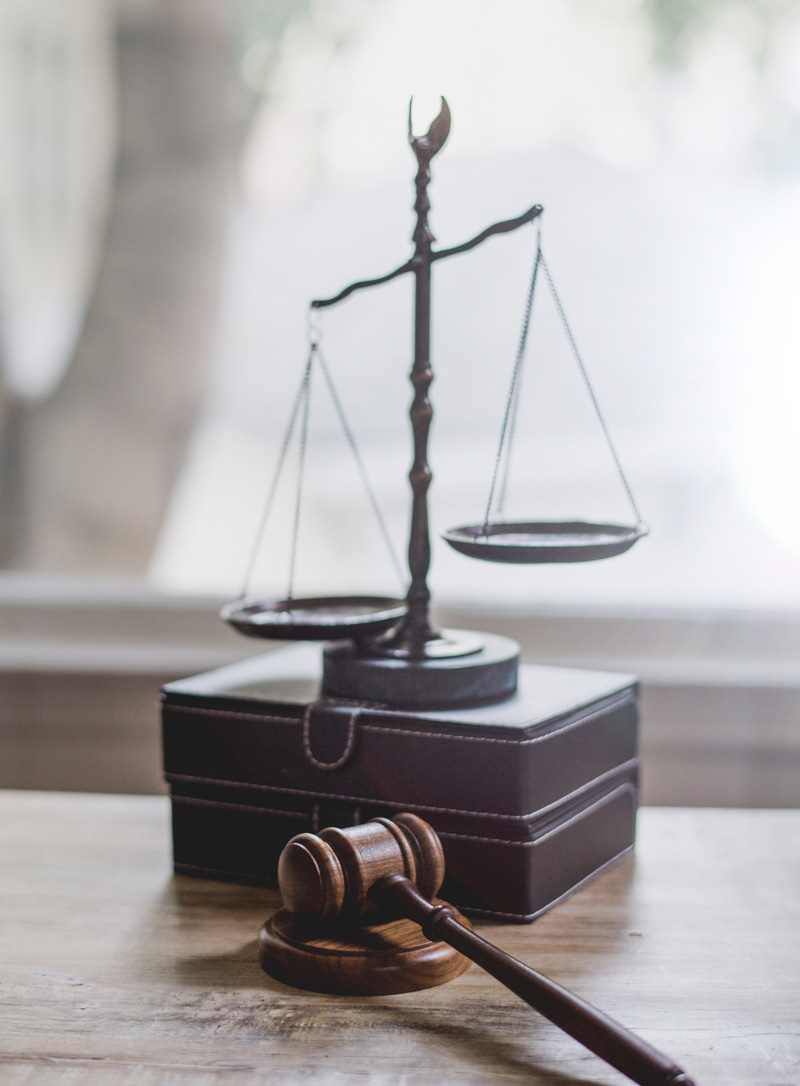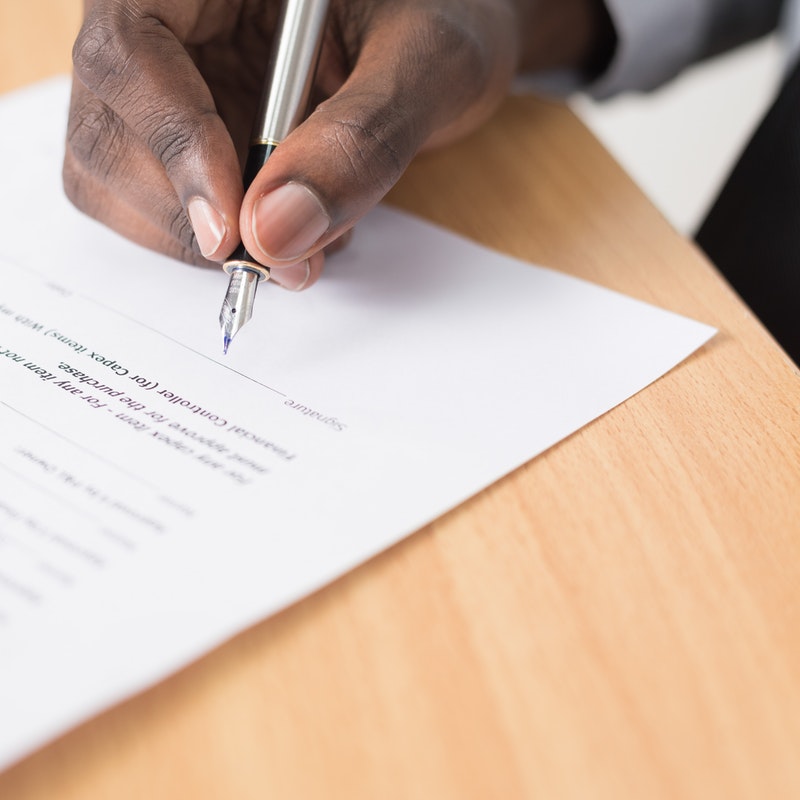About Us
What is Chapter 7 Bankruptcy?
Chapter 7 bankruptcy allows for a trustee to be appointed to a debtor to liquidate all of the debtor’s non-exempt assets in order to pay creditors. Once the proceeds are exhausted, the remaining debt is discharged. Under Chapter 7, the debtor emerges with a clean start, which is why bankruptcy attorneys often refer to Chapter 7 as “fresh start bankrutpcy.”
In order to file a Chapter 7, the debtor must not have had another Chapter 7 discharged over the past eight years and the applicant has to pass a means test. A means test takes into account the debtor’s income, expenses, and family size to determine if the debtor has enough disposable income to pay back the outstanding debts.
This is very different from Chapter 13 bankruptcy. Under Chapter 13, you enter a three to five year payment plan to the courts through your bankruptcy attorney. If you aren’t under North Carolina’s income threshold, Chapter 7 bankruptcy may not be available to you. If this is the case, your bankruptcy attorney may suggest that you file for bankruptcy under Chapter 13.
Chapter 7 Bankruptcy Process
Chapter 7 pays unsecured priority debt first, then secured debt, and lastly nonpriority unsecured debt. Unsecured priority debts consists of debts like personal injury claims against the debtor, unpaid taxes, and unpaid child support. Secured debts include mortgages, auto loans, and other loans that include items that can be used as collateral for debt repayment. Some common types of nonpriority unsecured debts are:
- Credit card debt
- Medical debt
- Utility bills
- Older Tax Debts
- Renting fees
- Personal loans
- Money judgements for contract breaches
- Health club dues
- Religious dues
- Union dues
Seeking debt relief under Chapter 7, however, may not get you completely out of debt under the law. If you have non-discharegeable debt, such as student loans or child support, you may still carry those after bankruptcy. Your bankruptcy attorney may still recommend for you to file for bankruptcy because it can still help with debt relief.
Credit Counseling and Forms
Before a debtor can file Chapter 7, they must have undergone credit counseling within six months of filing. Debtors can forgo this step if there aren’t any approved counseling agencies in their district or there are other circumstantial reasons they can’t attend counseling.
In order to file Chapter 7 bankruptcy, a debtor must petition the court, usually through a bankruptcy attorney, by filing out several forms to begin the process. These forms will collect information about the debtor including their:
- Personal information
- Assets
- Creditors
- Income
- Expenses
Upon the successful filing of the petition, an automatic stay is granted that temporarily prevents creditors, collections agencies, government entities, and individuals from pursuing debtors for amounts owed. This also prevents agencies from halting or garnishing your income under the law.
Trustees and Debt Repayments
After the petition is filed a trustee is appointed to oversee your bankruptcy. The trustee will confirm the information in your petition and arrange meetings between the debtor, and creditors.
The trustee will review the debtors and finances and determine which assets and exempt because they are necessary for the basic standards of living. Property exemptions can vary depending on the state. The non-exempt property then gets liquidated as payment to the creditors.
Discharged Debt
Most debts get discharged under Chapter 7 and upon successful discharge of those debts, then the debtor is no longer obligated to repay the debts to the creditors. The creditors are no longer allowed to seek repayment for those debts. Certain debts are exempt from being discharged and can be found here: https://www.govinfo.gov/content/pkg/USCODE-2018-title11/pdf/USCODE-2018-title11-chap5-subchapII-sec523.pdf Debt discharges usually happen within several months of the meeting of the creditors.
Bankruptcy Lawyer of Charlotte, NC
For years, the dedicated bankruptcy lawyer of Newman Law has helped Charlotte residents file for bankruptcy. If you’re in debt and unable to meet your obligations, filing for bankruptcy under Chapter 7 may help you get the fresh start you need. Call to talk to an experienced bankruptcy attorney today.
Chapter 13 Bankruptcy in the Charlotte area
When undergoing a financial crisis, not all is lost, as filing a bankruptcy petition can assist those even in the most dire fiscal circumstances recover economic security. For first-timers, knowledge regarding which bankruptcy chapter to file can often be confusing and convoluted. Generally for bankruptcy in North Carolina, if you wish to keep your property and are in arrears on business expenses and mortgage payments, then a Chapter 13 bankruptcy may work in your favor. Not everyone qualifies to file bankruptcy under this chapter, which is why consulting with a Chapter 13 bankruptcy attorney will help.
How does a Chapter 13 Bankruptcy work?
Chapter 13 bankruptcy allows for an individual to catch up on their overdue payments over a specified period of time. This allows for delinquent mortgages and loans to be reinstated and placed back in good standing. Essentially, a Chapter 13 bankruptcy is designed so the debtor can outline a 3 to 5 year repayement plan. This assists in avoiding foreclosure, accrued interest, missed payments, as well as other costly expenses. After filing, the debtor is protected by the automatic stay, which prevents debt collectors from taking action on debts when filed under a bankruptcy. If a debtor is able to be consistent with the payment agreement, all the remaining debt is debt is discharged and wiped out at the end of the repayment plan.
How do you know if you qualify to file a Chapter 13?
If North Carolina bankruptcy exemption laws do not cover your property, a Chapter 13 bankruptcy may work out for you. To determine if a Chapter 13 is a viable option, a debtor must undergo the North Carolina Means Test and maintain a consistent source of income. Chapter 13 is predominantly designed for individuals who have more equity in their assets that are not completely covered by North Carolina bankruptcy laws. Should someone want to keep their secured assets, Chapter 13 may be a better route than Chapter 7, which results in liquidation.
Chapter 13 Facts
Chapter 13 bankruptcy proposals are nuanced from a Chapter 7. A Chapter 13 is also referred to as a debt adjustment. This is where the debtor must file a repayment plan for repayment of part of the debtor’s debt(s) with the payment emanating from an established source of consistent income. The proposed payment plan primarily displays how some of the debt arrearage will be covered over the 3-5 year timetable. Under this particular payment plan, valuable property such as a home or a vehicle is retained. Typically, the payments are roughly the same amount as former payments of car loans and home mortgages. Rather than paying off the entire debt, this is to help the debtor manage debts they have fallen behind on. After the plan has concluded, the remaining debt is forgiven and extinguished from records.
How can an attorney help you?
In regard to North Carolina bankrutpcies, a Chapter 13 attorney can help identify whether you qualify for this style of bankruptcy case or not. Newman Law Chapter 13 attorneys are both experienced and knowledgeable; they have successfully handled many bankruptcy cases over the years. We can advocate for your case and put together a decent proposal that debtors will review. Please reach out today for a free consultation.
*References:
11 U.S.C. §362 – Automatic Stay

